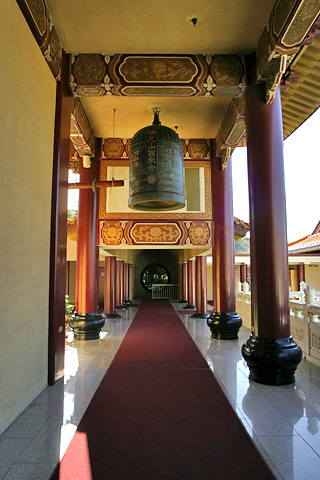 For Tricycle, an independent Buddhist publication, Linda Heuman interviews David McMahan, scholar of Buddhism and modernity, and author of The Making of Buddhist Modernism. In his current project, McMahan studies the role of social and cultural context in meditation. He addresses what he considers a key misunderstanding in the adaptation of Buddhist techniques for secular practice or scientific research: the assumption that meditation practices taught by the Buddha are ahistorical and cross-cultural.
For Tricycle, an independent Buddhist publication, Linda Heuman interviews David McMahan, scholar of Buddhism and modernity, and author of The Making of Buddhist Modernism. In his current project, McMahan studies the role of social and cultural context in meditation. He addresses what he considers a key misunderstanding in the adaptation of Buddhist techniques for secular practice or scientific research: the assumption that meditation practices taught by the Buddha are ahistorical and cross-cultural.
An expert on Buddhism’s encounter with modernity, McMahan suggests that we approach the subject by considering a monk in ancient India. “He has left his family behind; he is celibate; he doesn’t eat after noon; he studies texts that give him a skeptical view of the phenomenal world and its value. Is his practice really exactly the same,” McMahan asks, “as that of a contemporary secular mindfulness practitioner who is meditating to excel at work or to be more compassionate to her children?”
If this question makes us a little uncomfortable, there is good reason, because it triggers an underlying tension. On the one hand, we want to counter McMahan’s challenge: Don’t we believe the Buddha’s teachings are timeless? Suffering, after all, doesn’t belong to a particular culture or historical age. Beings suffered in the past and they are pretty clearly suffering now. There was a solution to suffering taught by the Buddha and it is still available today. On the other hand, an ever-growing body of evidence tells us that over time and across cultures (and even within traditions) there exist multiple versions of Buddhism that all define the human problem and its solution differently. We might be left wondering: if Buddhism is changed by culture or history, how can it be authentic? How could it be true?
This tension isn’t just a Buddhist problem, McMahan points out. It is a deep paradox in modern life.
Read the full interview here.












